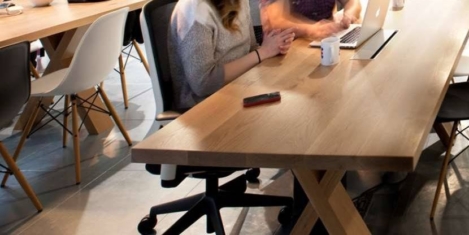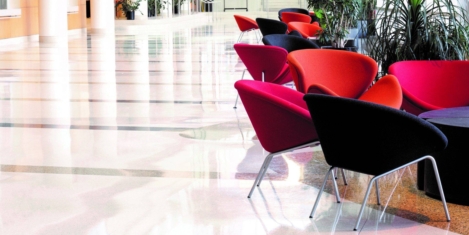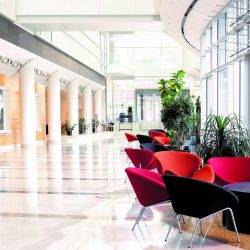December 19, 2016
UK employers predict workforce growth in 2017 along with more inclusive hiring 0
 Four in ten (41 percent) of firms across the UK will grow their workforce in 2017 but uncertainty about the UK’s future relationship with the EU has shaken overall business confidence in the labour market claims a new report. According to respondents to the 19th CBI/Pertemps Network Group Employment Trends Survey, for the fourth year running, growth in permanent job opportunities will outstrip temporary recruitment. But the balance of those expecting the UK to be a more attractive place to employ people in the next five years has flipped from +16 percent in the 2015 survey to -21 percent in this year’s results. In terms of engagement, over three quarters (76 percent) of respondents reported that a diverse and inclusive workforce is vital or important to the future success of their organisation. They report a range of benefits of inclusive workplace practices including increased skills (73 percent), attraction and retention of staff (60 percent) and engagement levels (46 percent).
Four in ten (41 percent) of firms across the UK will grow their workforce in 2017 but uncertainty about the UK’s future relationship with the EU has shaken overall business confidence in the labour market claims a new report. According to respondents to the 19th CBI/Pertemps Network Group Employment Trends Survey, for the fourth year running, growth in permanent job opportunities will outstrip temporary recruitment. But the balance of those expecting the UK to be a more attractive place to employ people in the next five years has flipped from +16 percent in the 2015 survey to -21 percent in this year’s results. In terms of engagement, over three quarters (76 percent) of respondents reported that a diverse and inclusive workforce is vital or important to the future success of their organisation. They report a range of benefits of inclusive workplace practices including increased skills (73 percent), attraction and retention of staff (60 percent) and engagement levels (46 percent).

































December 12, 2016
Can an organisation simply buy employee motivation? 0
by Matias Rodsevich • Comment, Workplace
(more…)